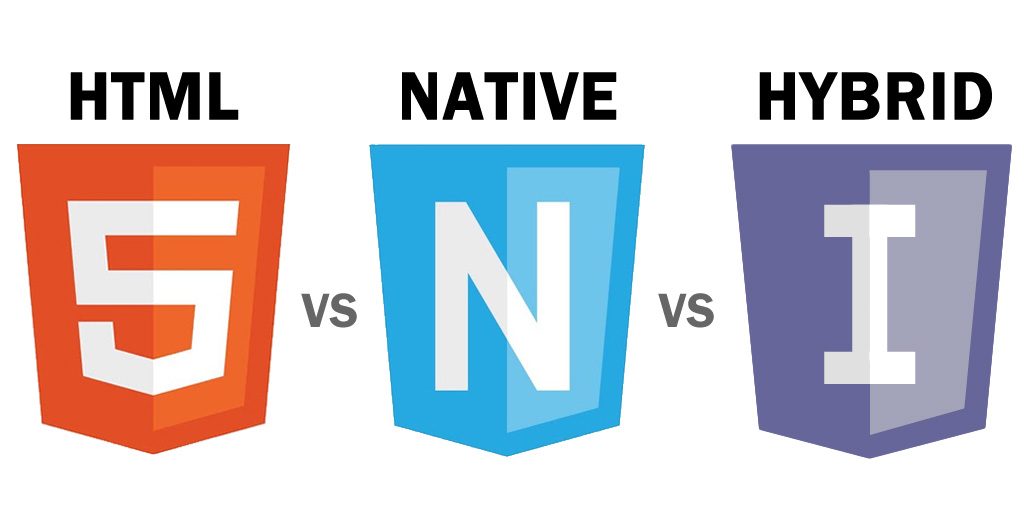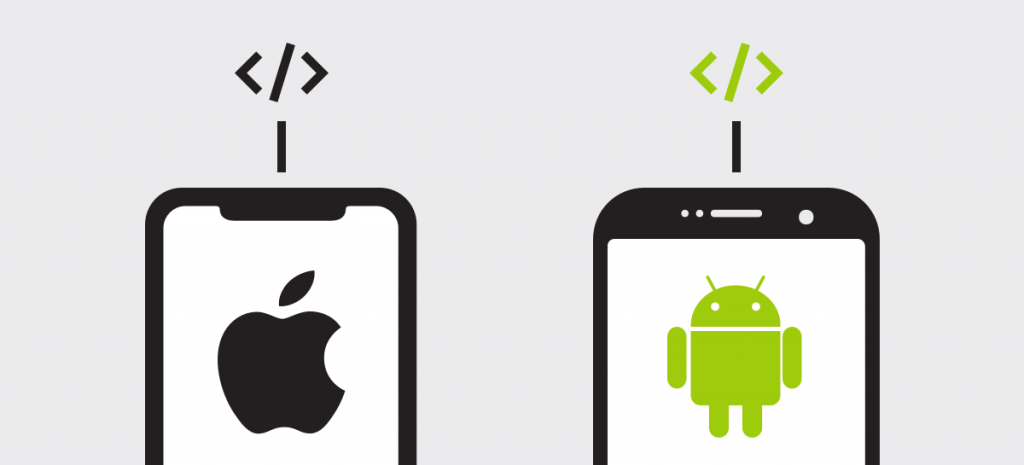To reach its existing and potential customers, one of the most effective and direct tools are the Apps . Each type responds to specific needs, which is why it is important to understand the differences before choosing.
With this article we want to provide a complete analysis of what concerns the development of an App, in order to help you make the best choice for your business.

Let’s start by explaining the difference between iOS and Android.
As many of you already know, there are two systems that dominate the market: Android and iOS. The first is developed by Google and represents around 80% of the market in India; the second one is developed by Apple and constitutes about 16% of the Indian market. Two different systems represent two different consumer attitudes . For example, iOS users are generally more willing to spend money on apps and are even more demanding. For this reason, it is common to find a paid App on the App Store which is free on the Google Store. Programming languages are different, they have different rules, as are the possibilities offered.
Let us now try to understand the substantial differences between the three main types of App .
App Native

The term denotes the vast majority of applications that are downloaded every day. Native Apps are applications developed specifically for an operating system . As mentioned above, a Mac application will not work on a Windows system and vice versa.
Native Apps use a different programming language from one operating system to another: iOS largely uses the Objective-C language, Android uses Java . Each with its specificities.
The advantages of App Native development:
- speed, reliability, better responsiveness, higher resolution that ensure a better user experience;
- access to hardware and software installed on the device: camera, file system, address book;
- push notifications that allow users to be alerted and get their attention (even for promotional purposes);
- native offline operation.
A Native App not only allows you to have excellent performance and take full advantage of the features of the phone, but it adapts to each platform to provide users with an ideal experience
Web App
Who of you has not surfed, at least once, in a mobile version of a website? Here is the Web App. It is an App that works like a website , without any difference between the platform, the development system and the code. This means that users will not have to install the application on their smartphones and therefore will not affect the memory capacity of the device. However, due to their uncontrollable nature (web content can change) they cannot be published in the Store and therefore do not benefit from the enormous visibility that the digital Market offers.
But against this they have several advantages :
- written with HTML Markup ;
- they must not be submitted to the Market approval process;
- lower development times.
Hybrid app
The missing link between the two types of App just described are the Hybrid Apps, also called multi-platform. Compared to native apps, they are faster to develop and less expensive . Another important advantage of hybrid development is that only one version is generated, regardless of the number of platforms on which you wish to be present. However, all these benefits come at a cost: the performance of the App is lower, making it less stable since the system is less adaptable to each platform.
Which one to choose?
In choosing the right app a lot will depend on your project, the target audience, your needs, the goals set and the budget you decide to invest.
If you are planning to develop an App but do not yet know which type to choose or how to implement it, do not hesitate to contact us: our team will be happy to develop and implement your project. We are top App Development Company in Mumbai. Contact Us – 022-49741159 / 60
In choosing the right app a lot will depend on your project, the target audience, your needs, the goals set and the budget you decide to invest.
If you are planning to develop an App but do not yet know which type to choose or how to implement it, do not hesitate to contact us: our team will be happy to develop and implement your project. We are top App Development Company in Mumbai. Contact Us – 022-49741159 / 60
